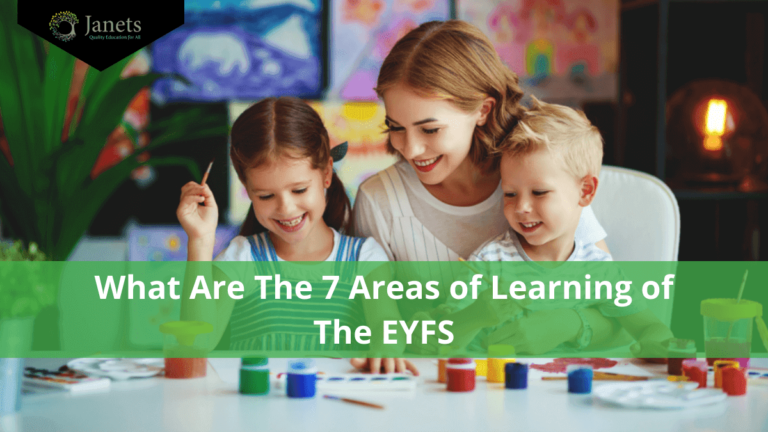What are the 7 areas of learning of the EYFS or Early Years Foundation Stage? The EYFS is how the early years professionals and the Government represent the time in a child’s life from birth until they are 5 years old.
This is a critical stage as it helps your child get ready for their school stage. Thus, prepare them for their future learning and successes. According to the British Government, when a child is born, their experience of early year’s should be happy, fun, active, exciting, and secure. The EYFS helps to support their development, care, and learning needs until the age of 5.
What are the 7 Areas of Learning of the EYFS?
Now without further ado, let’s discuss on what are the 7 areas of learning of the EYFS. This learning system must form educational and cultural programmes in early years environments. All areas of learning and development are significant and interconnected.
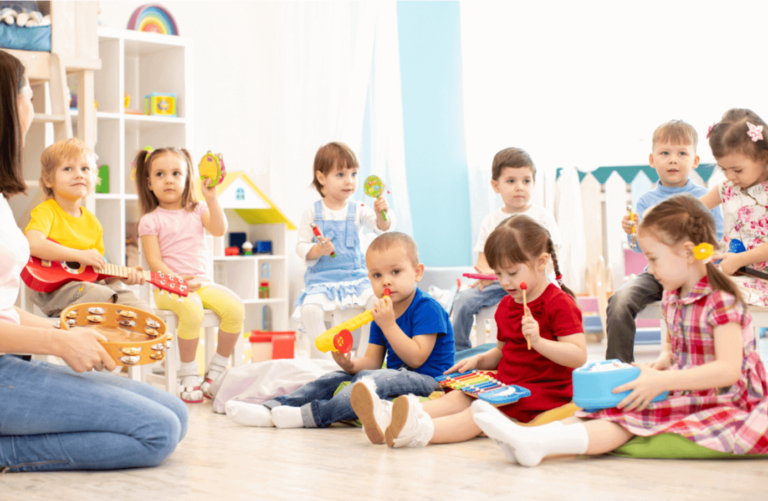
There are two main categories of EYFS learning and development areas:
Prime Areas
Three areas are especially crucial for kindling children’s curiosity. And to ignite the enthusiasm for learning and building capacity to form relationships, learn, and thrive. The Prime Area category has three subcategories, and they are:
The Prime Areas are most vital for a child’s healhy mental development as well as future learning. As children mature, the prime areas help them to strengthen skills in 4 Specific Areas.
1. Personal, Social and Emotional development
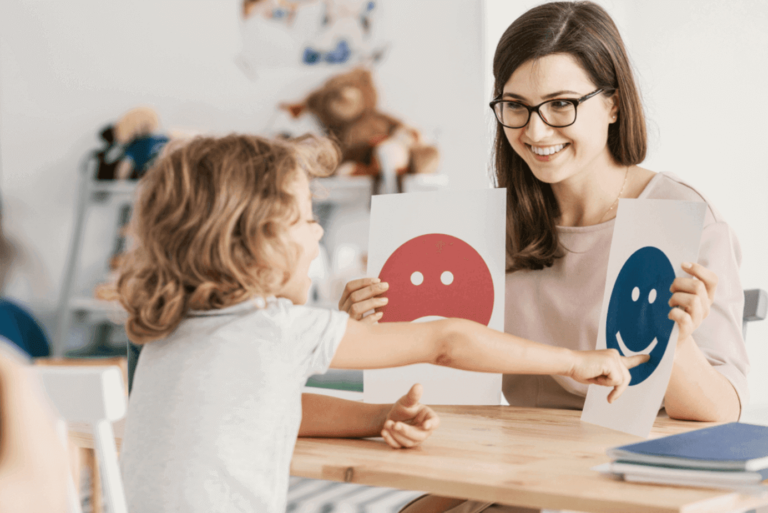
The Personal, Social and Emotional Development area helps children to improve:
Personal, Social and Emotional Development area helps shape a children’s social skills. It also helps to understand their complex feelings and generates respect.
2. Physical Development
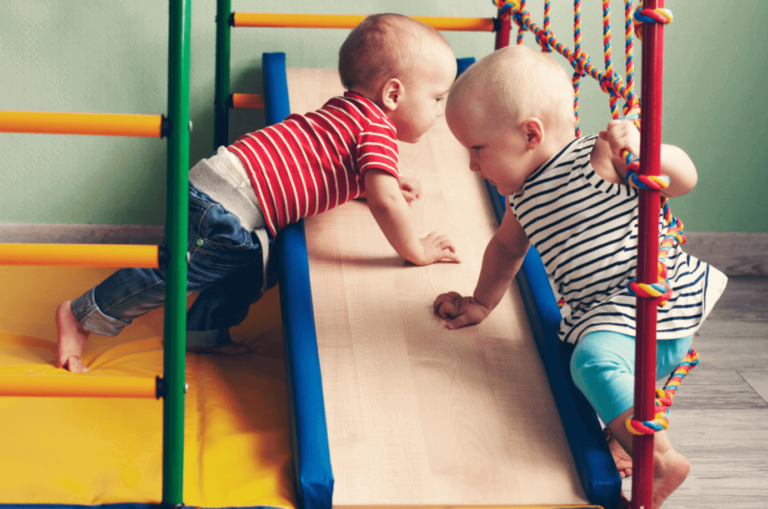
Who doesn’t know that children often love to be active? However, they should understand that physical activity and healthy food choices are essential.
The Physical Development area increases possibilities for children to be more engaged and interactive. This area also helps to develop their movement and coordination. The EYFS help children learn the importance of physical activity and making healthy choices concerning food.
3. Communication and Language Development
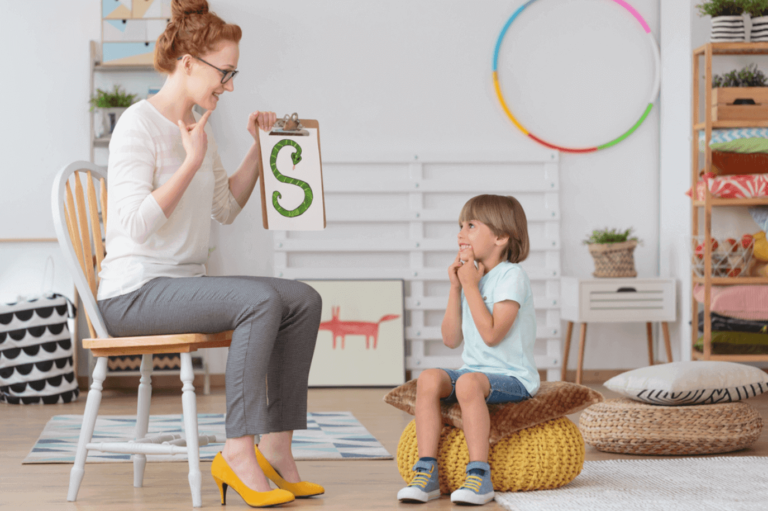
The Communication and Language Development area provides children with chances to experience a robust language environment. This area helps to develop their self-esteem and skills in self-expression, as well as speak and listen.
Providing young children with an atmosphere to be expressive in various situations enables them to extend their language and communication skills.
Specific Areas
Providers are obligated to also support children in these four Specific Areas. Through these four Specific Areas, the three Prime Areas are established and utilised. The four Specific Areas are:
Let’s take a concise look at each of these Early Year Foundation Stage. And also, the EYFS 7 areas of learning and development and why they are essential.
1. Literacy
Children need to discover phonemic awareness. The ability to hear sounds, identify different words and start reading and writing.
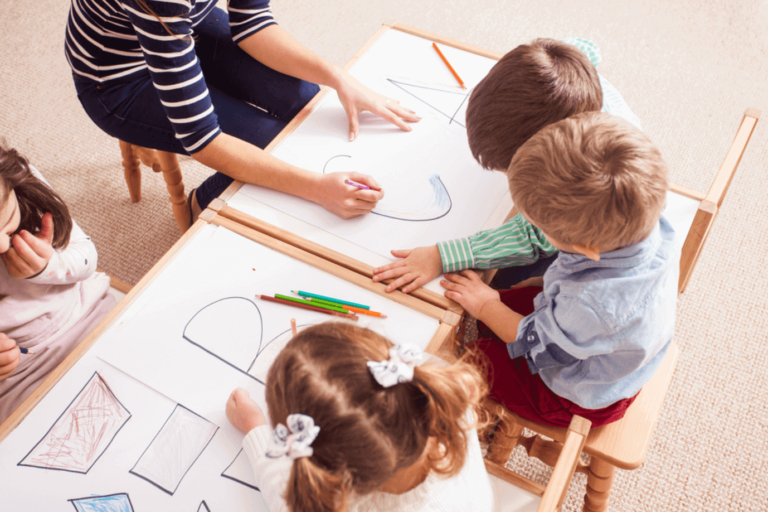
The Literacy area develops and encourages children to link sounds and letters, thus reading and writing. The EYFS gives children access to a wide range of reading materials. Such as books, written materials, and poems to ignite their interest in literacy.
2. Mathematics
The Mathematics area guides children to develop skills with numbers and calculations. Also, with describing shapes, spaces, and measures.
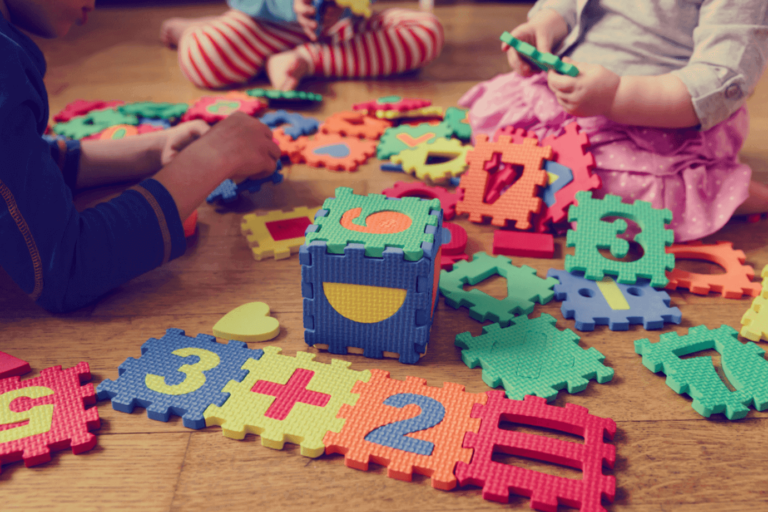
Mathematics area includes:
3. Understanding the World
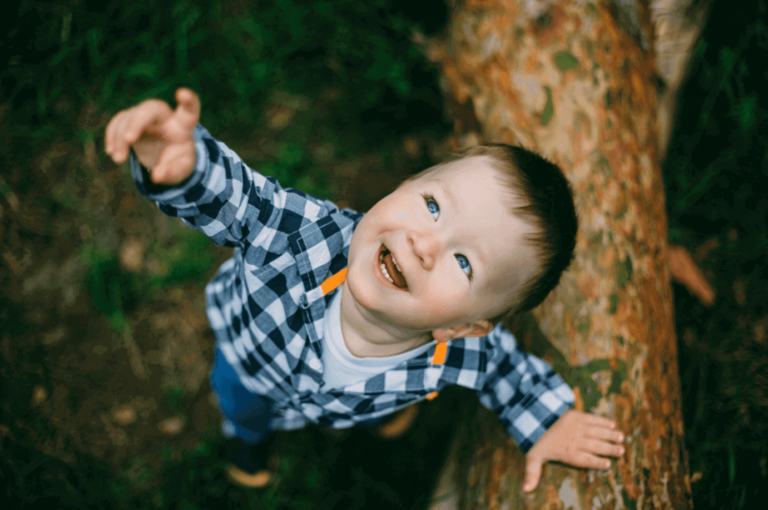
This area guides a child to make sense of their physical world and community. Understanding the World area involves children making sense of things by observing people. They learn to discover technologies and explore everything.
4. Expressive Arts and Design
The Expressive Arts and Design area enable a child to explore and operate with an extensive range of media and elements. As well as provides possibilities. Also, it encourages them to share their thoughts, ideas and feelings. And they do it through some activities like art, music, dance, role-play, movement, design and technology.
The Expressive Arts and Design area will allow children to express themselves in a creative way and learn new things.
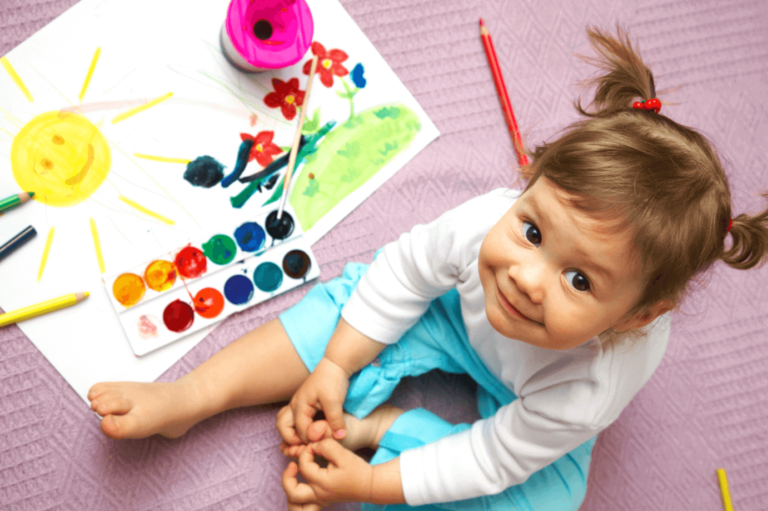
The bottom line is, the following 7 areas plan a child’s early year learning and activities. Professional teachers of your child’s development will ensure that the assigned activities support his/her unique needs. This is a little similar to the curriculum in primary and secondary schools. Still, it’s suitable for very young children. And it is meant to be flexible so that caregivers can follow a child’s unique needs and interests.
The 7 areas of learning EYFS make children learn by playing and exploring. Also, by being productive, and creatively and critically thinking, both indoors and outdoors.
If you are interested in learning more about learning of the EYFS, this EYFS Teaching Diploma can be very helpful.
What are the 7 Areas of Learning of the EYFS?
Everyone working in an early year setting needs to be aware of ‘what are the 7 areas of learning of the EYFS’. Along with the understanding of the activities that cover the 7 areas of learning.
Below are some activities one should perform with the child in their early year of learning.
Personal, Social and Emotional Development activities
Examples of personal, social and emotional development activities include
Physical Development
Following are some great ideas for physical development activities:
Communication and Language
To improve communication and language skills of children, follow these examples:
Maths
Maths can be challenging for some children in their early years, so here are a few ideas to make maths easier and fun:
Literacy
To improve the literacy skills of children, try the following:
Understanding the World
Understanding the world and seeing everything from children’s perspectives can be fun for adults, too.
Expressive Art and Design
Expressive art and designs can help children grow and help to find their inner creativity and potential.
Remember, this is not a tick list for you to do the work down. Pick your favourite activities and do them often or as many times as you like. Repeating them is necessary, though!
EYFS Framework 7 Areas of Learning
The EYFS Framework 7 areas of learning exists to assist all professional operator in the EYFS to help children. It was developed with a number of early year’s experts as well as parents.
The revised statutory framework for the early year’s foundation stage (applies until 31 August 2021) makes it more transparent and easier to use. This new framework focuses on the thing that matters most. It also emphasises your role as a parent or caregiver to help your child develop. Some other aspects of this framework include:
Who is the statutory framework for?
The statutory framework is for the following :
And the statutory framework relates to:
British law issued Statutory guidance, and you must follow it unless you have a good reason not to do so. The EYFS framework changes become law in September 2021. Help for early years providers is available to prepare for these changes. All the supporting materials are also available on the Foundation Years website.
N: B– You should also read early years foundation stage: coronavirus disapplications.
Conclusion
We all know that children grow swiftly in their early years. Therefore, the early years practitioners do everything in their power to help a child have the best possible start in his/her life.
Children hold rights, according to the United Nations Convention on the Rights of the Child. And to a provision that authorises them to develop their talent and personalities. Also, to develop abilities regardless of their culture or religion. Despite their ethnicity, family background, home language, disabilities, learning difficulties, or gender.
So hopefully, this guide helped you find out what are the 7 areas of learning of the EYFS. And also how it works in each individual child’s development pathway.
Read more blogs
- Why Every Employee Needs Data Analytics Skills in 2024
- Making the Most Out of Team Communication in 2024
- 10 Growth Marketing Strategies for 2024
- Christmas Cooking Guide: 10 Tips for Healthy Diet
- The Ultimate Guide to Healthy Diet During Holidays
- How to Become a Teaching Assistant with no Experience in the UK
- 10 Game-Changing Microsoft Office Hacks That You Must Know
- The Future of Work: How to Stay Relevant in a Changing Job Market
- The Ultimate Guide to Become A Care Worker in the UK
- Boost Your Brand with Ghostwritten Content: The Smart Business Move
- Mastering the Art of the Education-First Resume: Essential Tips and Strategies
- From Classroom to Career: The Transformative Power of Education on Job Prospects
- How To Write A Military Resume: A Complete Guide
- 10 Essential Soft Skills In 2023 and How to Develop Them
- 15 of the Best Remote Working Jobs to Pursue in 2023





 LOGIN/Sign up
LOGIN/Sign up
